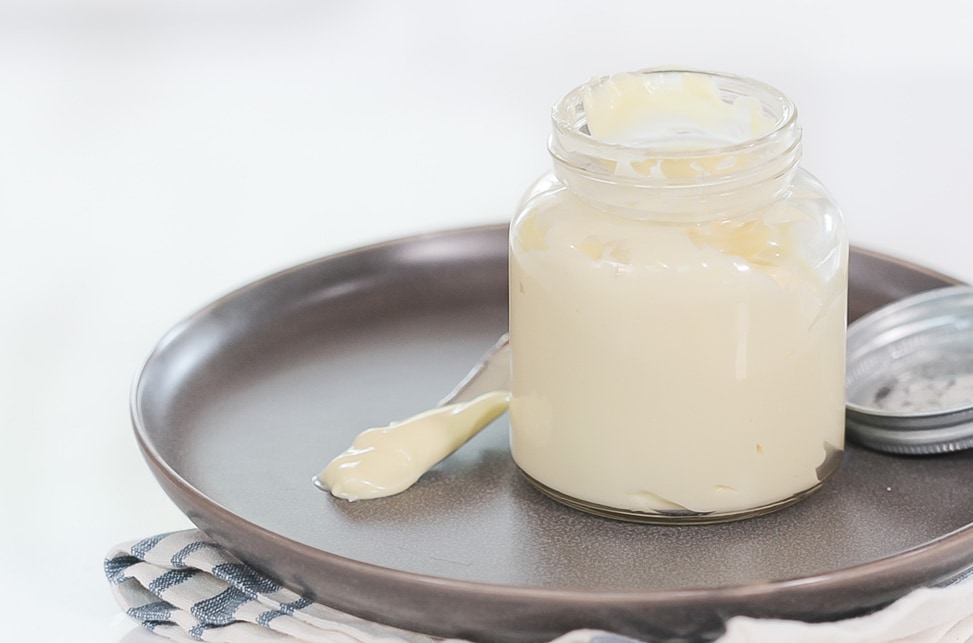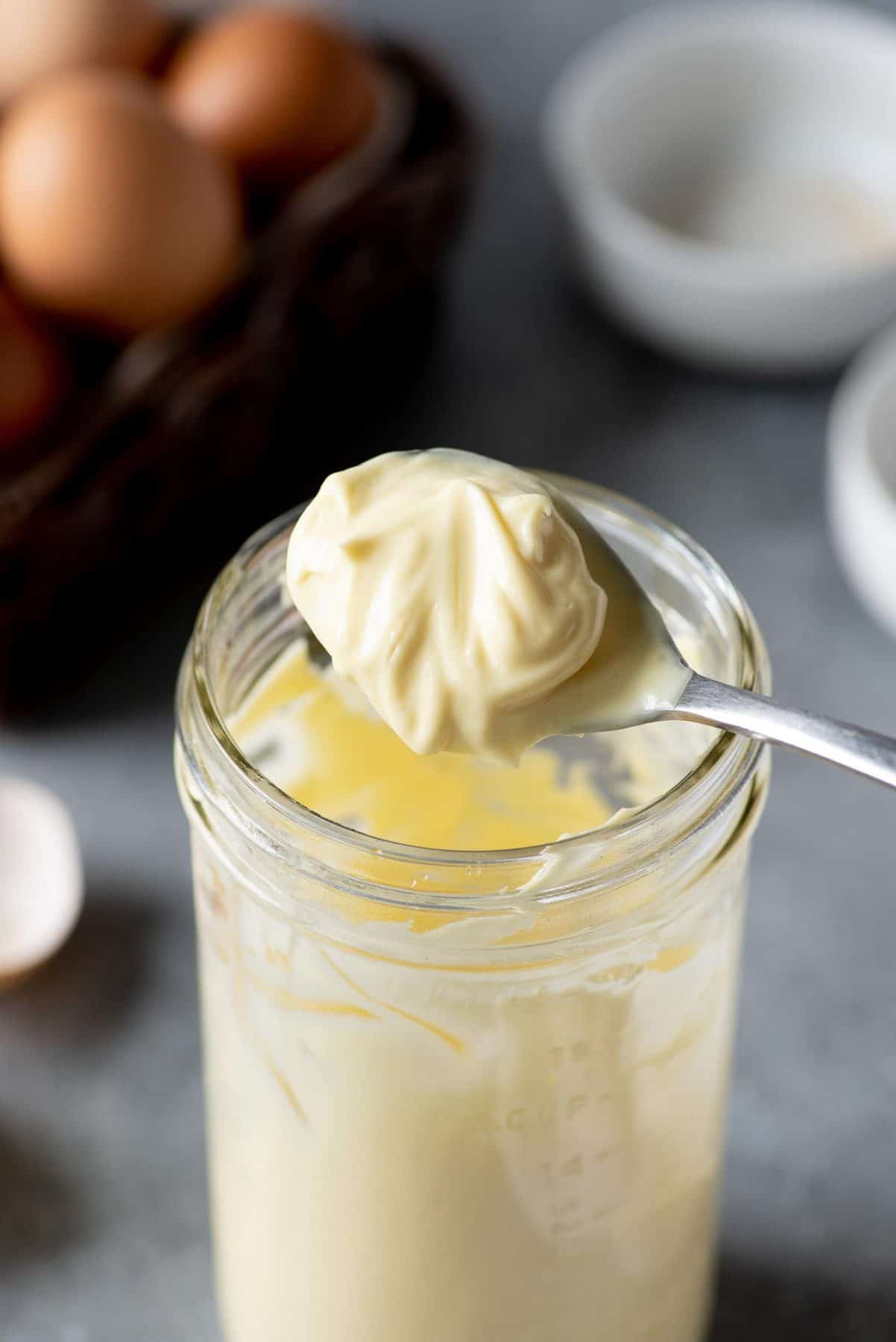What Happens When You Heat Up Mayonnaise? The Untold Truth
Written By James Morgan
When it comes to the art of grilling, barbecue enthusiasts often experiment with various ingredients to discover unique flavors. One ingredient that frequently finds its way into sauces and marinades is mayonnaise. But what happens when you heat up mayonnaise? Is it safe? Does it change in flavor or texture? Lets dive deep into the world of mayonnaise and heat.
This article aims to discuss the science behind heating | mayonnaise, its potential risks, and ways to incorporate it in heated dishes effectively, especially for those who enjoy grilling and cooking.

Understanding Mayonnaise
Mayonnaise is an emulsion of oil, egg yolks, and an acid, typically vinegar or lemon juice. This creamy concoction has been a favorite condiment for a long time, but its reaction to heat can perplex many. Its essential to understand what makes this condiment tick and especially what happens when you heat it.
The Basic Components of Mayonnaise
Learning about the components of mayonnaise can help us predict its behavior under heat:
- Oil: Provides the fat content, contributing to the creamy texture.
- Egg Yolks: Acts as an emulsifier, binding the ingredients together.
- Acid: Adds flavor and helps in preserving the mayonnaise.

What Happens When You Heat Up Mayonnaise
When mayonnaise is heated, several things can occur:
- The emulsion can break, leading to a separation of oil and liquid.
- Flavor compounds change, which can lead to a less appealing taste.
- If heated too much, ingredients like egg yolks can cook, resulting in an unpleasant texture.
- There is a risk of compromising the safety of the mayonnaise if it is stored improperly.
Temperature and Time Matter
The effect of heating mayonnaise is largely dependent on temperature and duration. Quick, low-temperature heating may alter the flavor slightly, but prolonged heating can significantly disrupt its structure. For barbecue enthusiasts, this highlights the importance of temperature control during cooking.

How to Use Heated Mayonnaise Safely
If you're set on incorporating heated mayonnaise into your dishes, here are a few tips:
- Use as an ingredient: Instead of heating mayonnaise directly, consider mixing it with other ingredients before applying heat, such as combining it with herbs for a basting sauce.
- Moderate heat: If you decide to heat mayonnaise, use low heat and monitor continuously to avoid separation.
- Substitute where necessary: In recipes that require mayonnaise, consider using alternatives like aioli or yogurt.
Using Heated Mayonnaise in Grilling
Grilling enthusiasts can enjoy mayonnaise in different heated applications:
- Marinades
- BBQ Sauce: Blend with BBQ sauce for a creamy twist.
- Dips: Mix with herbs for a warm dip.

Is It Safe to Heat Mayonnaise?
While heating mayonnaise isnt inherently unsafe, caution is required. If you are using homemade mayonnaise that contains raw eggs, the risk of foodborne illness increases with heat. Store-bought mayonnaise, pasteurized for safety, is generally considered safe but should still be handled carefully.
Food Safety Considerations
Be mindful of the following:
- Check expiration dates, especially for store-bought mayo.
- Homemade mayonnaise should be refrigerated and used within a week.
- Be cautious yet adventurous during your grilling sessions!
Conclusion
Understanding what happens when you heat up mayonnaise is crucial for barbecue enthusiasts who want to experiment with flavors without compromising safety. Using mayonnaise in low-heat applications or as a cooking component can lead to delicious and satisfying meals. Remember, the key is to use moderation and be aware of temperature control.
If you are interested in learning more about mayonnaise, check out tasting mayonnaise or how to tell if mayonnaise is bad.
FAQs
Can you cook food with mayonnaise?
Yes, you can use mayonnaise as a marinade or sauce, but its essential to control the heat to prevent separation.
How long can I keep heated mayonnaise?
Once heated, it is best to consume it immediately. If stored, it should be kept in the refrigerator and consumed within two days.
What can I substitute for mayonnaise in a recipe?
You can use alternatives like Greek yogurt, sour cream, or hummus, depending on the recipe needs.
As an Amazon Associate, I earn from qualifying purchases.



